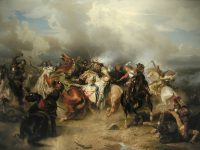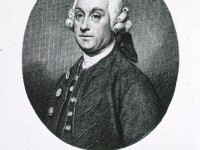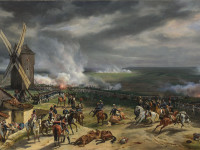D. W. Griffith’s Birth of a Nation
On February 8, 1915, American silent epic drama film The Birth of a Nation, directed by D. W. Griffith, was released. Griffith’s innovative techniques and storytelling power have made The Birth of a Nation one of the landmarks of film history. The film chronicles the relationship of two families in the American Civil War and Reconstruction era over the course of several years. “A film without a message is just a waste…
Read more











